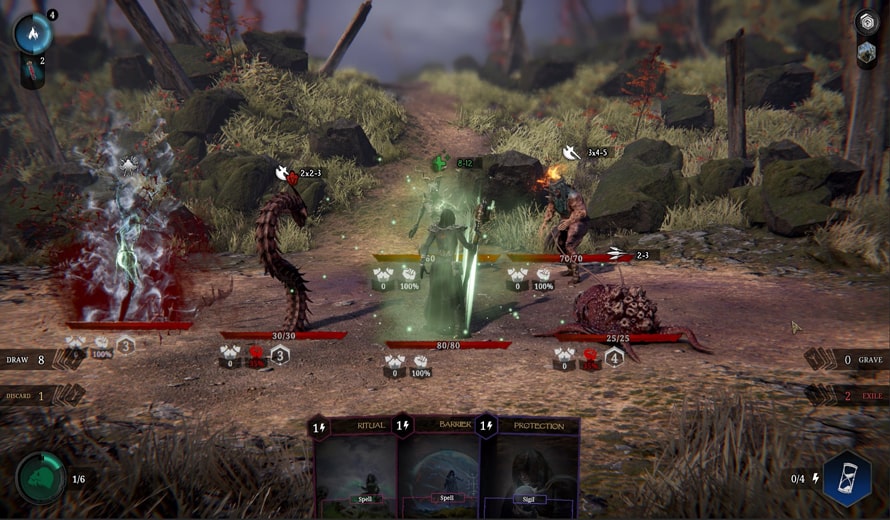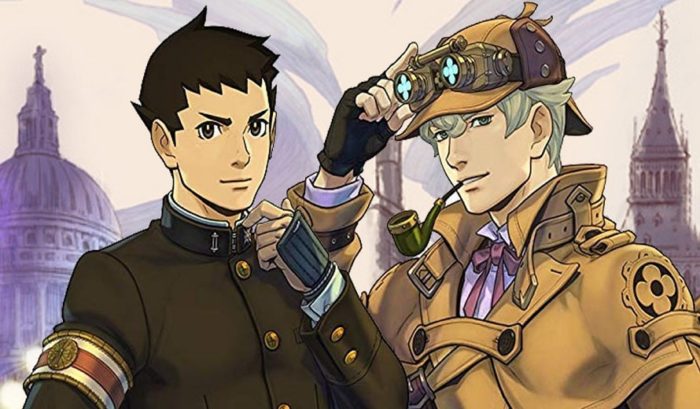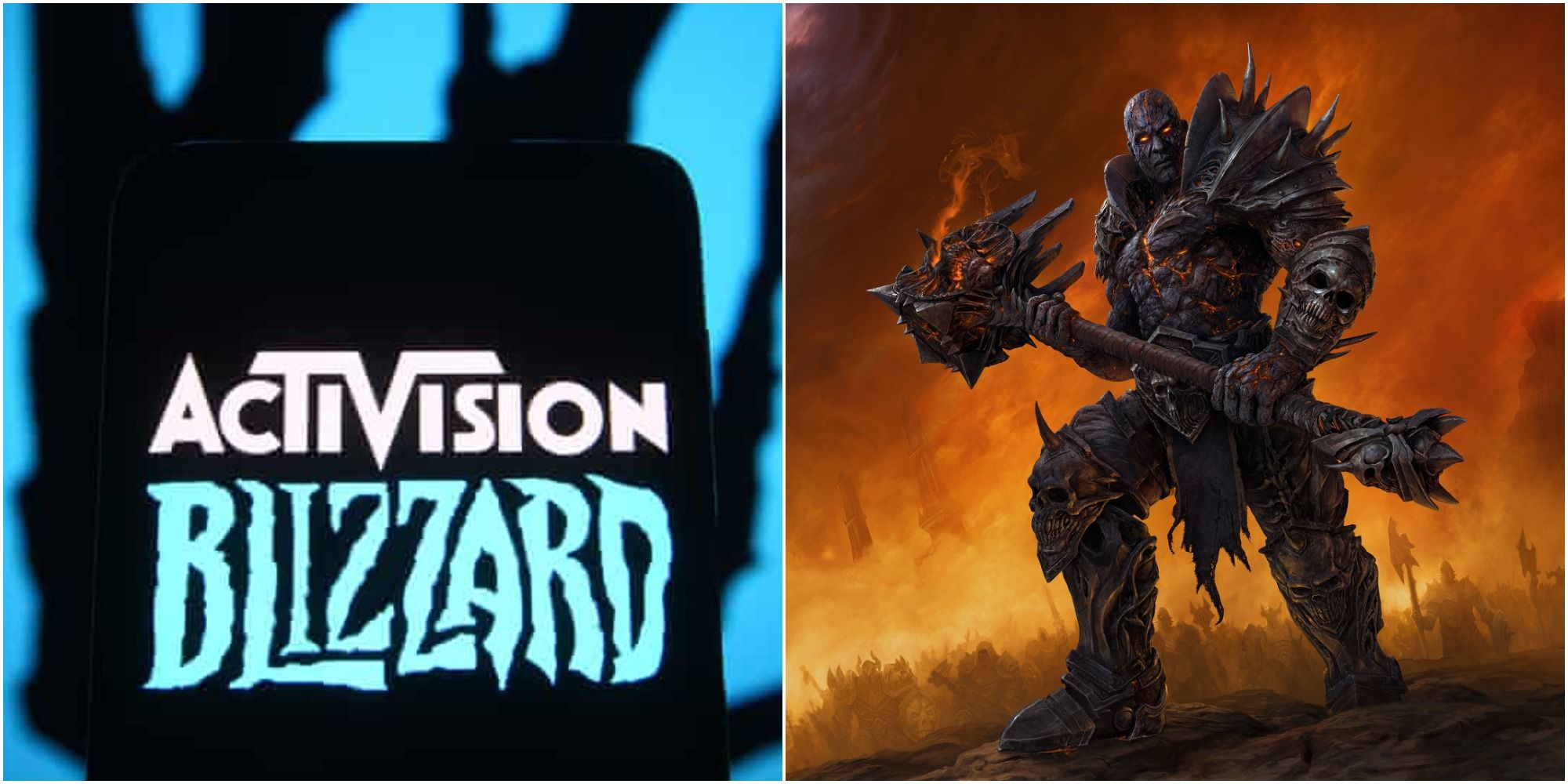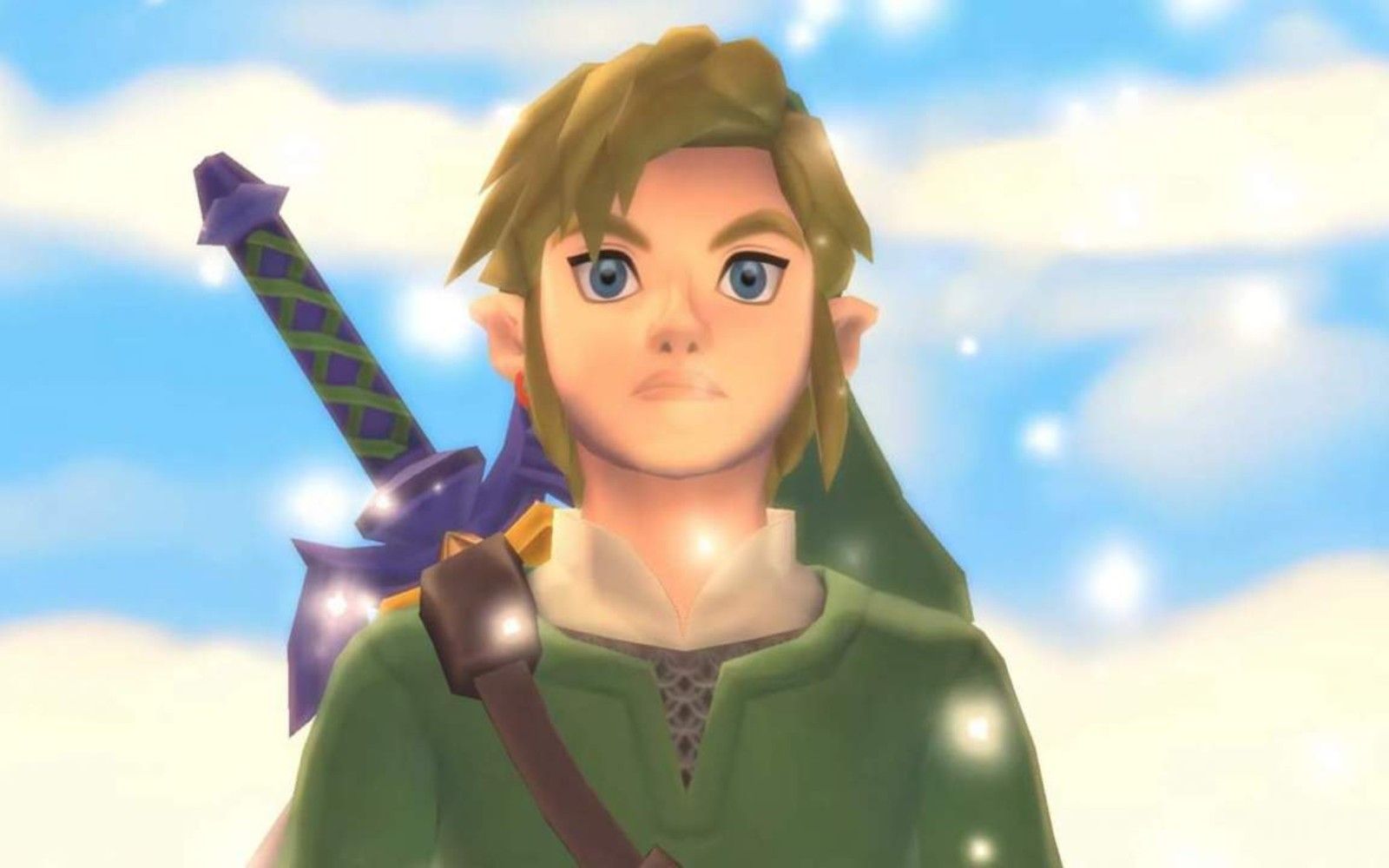
The Legend of Zelda: Skyward Sword, which originally launched in 2011, has a whopping 93 on Metacritic, indicating unanimous critical acclaim for one of the most well known games in a flagship Nintendo series. While the new Skyward Sword HD only has an 82 at the time of writing, the only Zelda games with higher average scores than the original are A Link to the Past, Majora’s Mask, Twilight Princess, The Wind Waker, Ocarina of Time, and Breath of the Wild, most of which are genuinely better than it – I’m not telling you which ones I think are worse, because that ruins the fun.
Still, for some strange reason, impressions of Skyward Sword seem warped in our cultural memory. After Nintendo announced that a remastered version was coming to Switch this summer, the reception from fans online was mixed at best, and downright ludicrous at worst. Aside from having admittedly janky controls on Wii, I find Skyward Sword extremely difficult to critique. It’s inventive, experimental, and cohesive in the same ways as all of the best games in this iconic series, and to see it dismissed for grievances either minor or made-up is a pain in the arse. That’s why I can’t wait for new and veteran Zelda players alike to get their hands on this exceptional game later this week – just like Twilight Princess, I think reexamining it in 2021 will cause a lot of people to change their minds.
Related: The Legend of Zelda: Skyward Sword HD Review – Control Stick Slicing
Before I get into what makes Skyward Sword special, I’d like to direct your attention to my 2,000-word breakdown of the Breath of the Wild 2 trailer that debuted at E3 2021. I don’t think it’s a coincidence that this is the specific Zelda game Nintendo decided to port to the Zelda-deprived Switch, to the extent that Skyward Sword is likely to become a key point of reference ahead of Breath of the Wild 2. For what it’s worth, I also think that rumours about games like The Wind Waker, Ocarina of Time, and Majora’s Mask coming to Switch are a bit misguided right now (well, maybe not Wind Waker). I’m willing to be proved wrong, but I’d put the house and kids on Twilight Princess being one of the next games to get the Switch treatment, because I think it, Skyward Sword, and possibly Ocarina of Time are all going to play a crucial role in Breath of the Wild 2’s story.
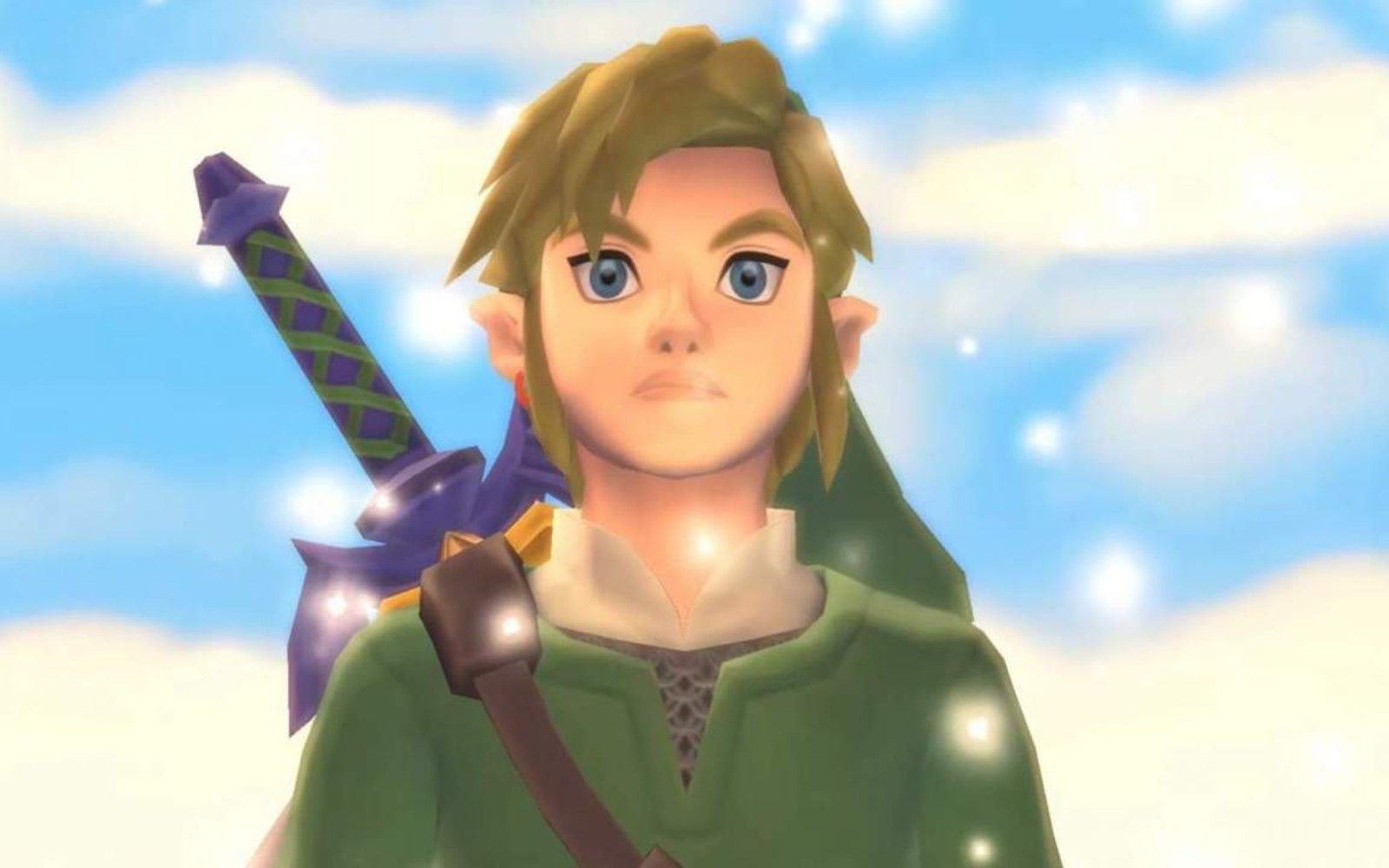
Back to Skyward Sword: this is, without a shadow of a doubt, one of the most mythologically fascinating entries in the entire Zelda series, primarily because of the massive role it plays in establishing a mythos in the first place. Skyward Sword is where we learn about the creation of the Triforce, as well as the ancient civilization that existed prior to the Hylians’ descent to modern Hyrule. It also introduces us to Demon King Demise, who I reckon will show his face in Breath of the Wild 2. *Puts tinfoil hat on* In my eyes, the guy we see skydiving in the E3 trailer is the original, not actually evil Ganon, and the sequel to Breath of the Wild is going to examine his descent into that form via Demise, which could be referenced in the game’s yet-to-be-revealed official title.
On that note, I also think that Skyward Sword’s position as the first game in the Zelda timeline could come into serious contention post-Breath of the Wild 2. At the time of writing, this game features the first iteration of Zelda, Impa, and Link, all of whom are continuously reincarnated throughout each of Zelda’s three timelines. In this story, Link partners up with Fi – the spirit inside the eponymous Skyward Sword – in order to rescue Zelda from Demise. Opinions of Fi vary violently, but again, I think the general consensus will be friendlier and more well-reasoned once people sit down to play Skyward Sword on Switch this weekend. I also think that this, too, will play a key role in next year’s Breath of the Wild 2, as will Skyward Sword’s use of Time Gates as a narrative motif.
Aside from changing people’s perception of the game, though, or preparing us for next year’s blockbuster, it’s worth noting that Skyward Sword has some of Zelda’s most brilliant biomes, from the Faron Woods – which links us to Twilight Princess again – to the Lanayru Desert, to Skyloft and beyond. Traversal in Skyward Sword was always excellent, while its dungeons and puzzles are leagues ahead of the majority of other Zelda games – not Majora’s Mask, though. There were some valid complaints about weird design choices in the original game, although most of these seem to have been fixed this time around – for example, it now has skippable cutscenes and allows you to rotate the camera.
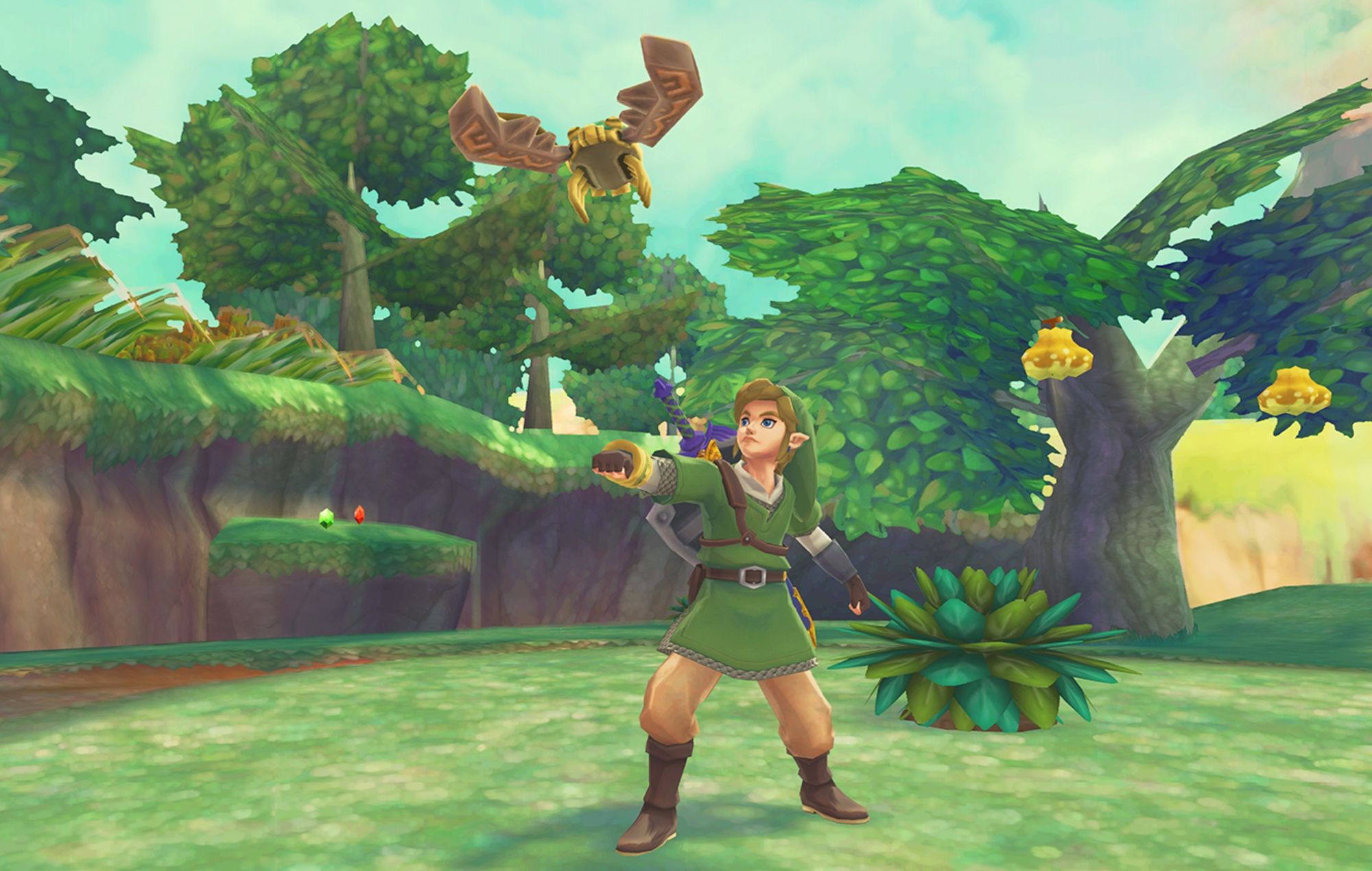
Skyward Sword is a weird one for me. I played it at launch and loved it, and whenever it comes up in conversation I will defend it to the grave. When I’m asked about which Zelda games are my favourites, though, it never quite cracks my top five, despite the fact that it probably should. Maybe it’s because it’s set so far in the past, or maybe it’s because it has such a fleeting, misunderstood place in Zelda discourse, but there’s just something a bit forgettable about Link’s Skyloft adventures. I think that quality is probably what causes the enormous critical distance that seems to perpetuate itself in relation to this game, where people unanimously loved it a decade ago, but either forget about or fully dismiss it now. For that reason, I’m not just excited for you, my mates, or Adam down the road to replay this game – I’m excited to replay it myself, too. I think Skyward Sword is going to earn a more powerfully enduring position in Zelda history from this weekend onwards, and I’m excited to read and chat about other people’s opinions on what is one of the most weirdly absent but thoroughly impressive Zelda games ever made.
Seriously, though – once Breath of the Wild 2 drops, all of you are going to see Zelda fully commit to how inherently weird and absurd this series really is. Inevitably, this year’s Skyward Sword remaster is going to consciously exhibit that weirdness and absurdity in spades.
Next: The Struggle Of Playing Final Fantasy 14 With Anxiety

